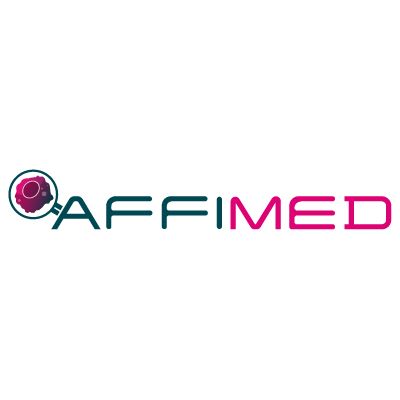Designation was based on early efficacy data demonstrating an 83.3% (10/12) overall response rate and a 50% (6/12) complete response rate, with a well-managed safety profile in Relapsed/Refractory Hodgkin Lymphoma patients

Affimed, a clinical-stage immuno-oncology company committed to giving patients back their innate ability to fight cancer, today announced that the U.S. FDA has granted RMAT designation to the combination therapy of Affimed’s innate cell engager (ICE) acimtamig and Artiva Biotherapeutic’s AlloNK (AB101) for the treatment of relapsed or refractory Hodgkin Lymphoma (R/R HL). The combination is being evaluated in the on-going LuminICE-203 multicenter, multi-cohort phase 2 trial.
RMAT designation is intended to expedite the development and review of regenerative medicine therapies, including cell therapies, that aim to address serious or life-threatening conditions. RMAT designation provides the same expedited review benefits as a Breakthrough Therapy Designation, but is exclusively focused on regenerative medicine products. This designation provides Affimed enhanced access to FDA resources including the potential for accelerated approval and priority review. These benefits could significantly reduce the time required to deliver the acimtamig and AlloNK® combination to R/R HL patients in need.
“This is an important regulatory milestone demonstrating that the FDA acknowledges the critical need for new therapies in R/R HL, in particular for double refractory HL patients where there are no approved therapies,” said Dr. Shawn M. Leland, PharmD, RPh, Chief Executive Officer of Affimed. “In addition, the RMAT designation validates the strength of our growing clinical data and the promise of our innovative treatment to bring hope to patients battling this rare and difficult-to-treat cancer.”
This promising combination has applicability not only in HL, but also in other CD30 positive lymphomas such as peripheral T-cell lymphoma (PTCL), which can also be resistant to conventional therapies, has a high risk of relapse, and where few products are approved. Generating clinical proof-of-concept in PTCL would also highlight a potential path to increasing the commercial potential of the combination by two to three-fold in comparison to the number of patients with double-refractory HL.

Subscribe To Our Newsletter & Stay Updated
Severity: Core Warning
Message: PHP Startup: Unable to load dynamic library 'newrelic.so' (tried: /usr/lib64/php/modules/newrelic.so (/usr/lib64/php/modules/newrelic.so: cannot open shared object file: No such file or directory), /usr/lib64/php/modules/newrelic.so.so (/usr/lib64/php/modules/newrelic.so.so: cannot open shared object file: No such file or directory))
Filename: Unknown
Line Number: 0
Backtrace: